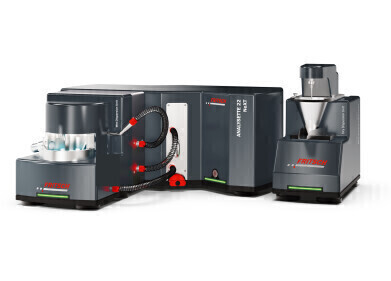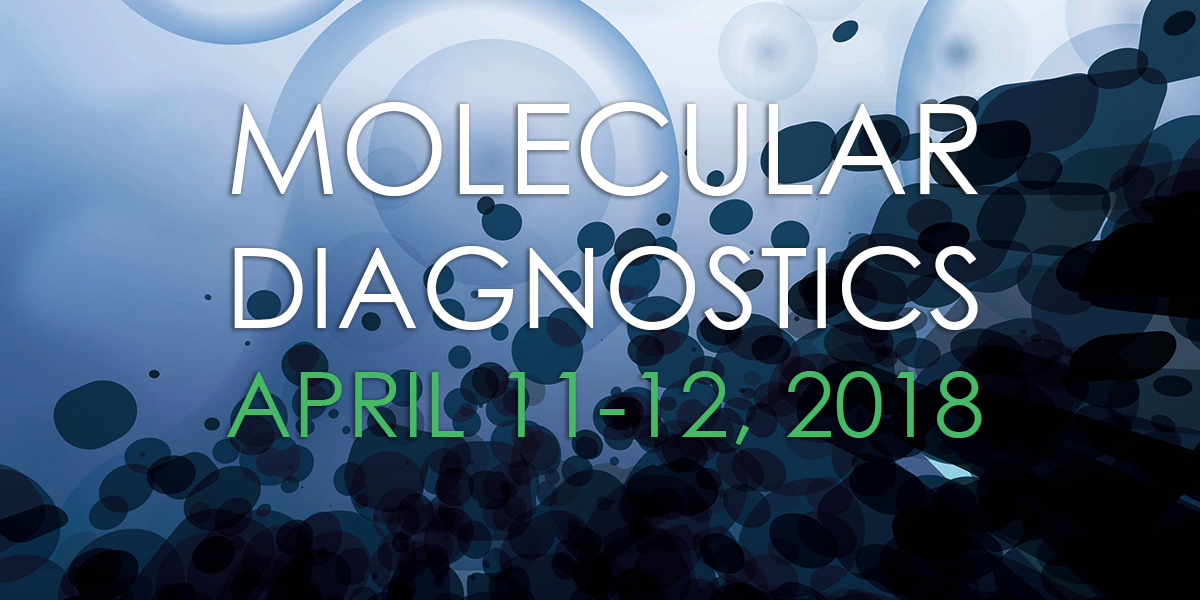
(2020) Features, evaluation and treatment Coronavirus (COVID-19). Nat Biotechnol Ĭascella M, Rajnik M, Cuomo A, et al. (2020) CRISPR-Cas12-based detection of SARS-CoV-2. Front Microbiol 10(10):2830īroughton JP, Deng X, Yu G, et al. īai J, Lin H, Li H, Zhou Y, Liu J, Zhong G (2019) Cas12a-based on-site and rapid nucleic acid detection of African swine fever. Nature Īzhar A, Phutela R, Ansari AH et al (2020) Rapid, field-deployable nucleobase detection and identification using FnCas9. (2020) Massively multiplexed nucleic acid detection with Cas13. Science 353:aaf5573Īckerman CM, Myhrvold C, Thakku SG, et al. Specific high sensitivity enzymatic reporter unlocking SpCas9:Ībudayyeh OO, Gootenberg JS, Konermann S et al (2016) C2c2 is a single-component programmable RNA-guided RNA-targeting CRISPR effector. Severe Acute Respiratory Syndrome Coronavirus 2 sgRNA: Quantitative polymerase chain reaction SARS-CoV-2:
Recombinase polymerase amplification RT-qPCR: Nucleic acid sequence-based amplification-CRISPR cleavage NHEJ:

Loop-mediated isothermal amplification NASBACC: Heating unextracted diagnostic samples to obliterate nucleases LAMP: One-hour low-cost multipurpose highly efficient system HUDSON: Higher eukaryotes and prokaryotes nucleotide-binding domain HOLMES: KeywordsĬombinatorial Arrayed Reactions for Multiplexed Evaluation of Nucleic acids Cas:Ĭlustered Regularly Interspaced Short Palindromic Repeats/Cas9-Mediated Lateral Flow Nucleic Acid Assay COVID-19:Ĭlustered regularly interspaced short palindromic repeats dCas9:įnCas9 Editor-Linked Uniform Detection Assay FnCas9: In this article, we have covered the CRISPR-Cas-based efficient techniques developed for the diagnosis of the SARS-CoV-2 and their suitability for COVID-19 surveillance. The use of CRISPR-Cas-based detection of SARS-CoV-2 infection may results in the development of rapid, affordable, and multiplexed point-of-care diagnostic system with high specificity and sensitivity. The CRISPR-Cas system has recently emerged as a versatile tool for medical research for gene editing, epigenetic control, and disease diagnosis. Currently, the World Health Organization (WHO) adopted the screening and diagnosis of SARS-CoV-2 infection with quantitative RT-PCR (qRT-PCR)-based kits however, the suitability of such kits is restricted due to the requirement of specialized instruments, well-trained personnel, and unavailability in resource-limited areas. Globally, more than 5 million cases have been reported with 0.3 million deaths by the end of May 2020. The world is looking towards the development of early diagnosis, treatment, and prevention of Coronavirus disease (COVID-19) caused by SARS-CoV-2 in order to restrict its rapid transmission and mortality among the human population. After completion of the program, students will be well prepared to take the exam for the certification of Technologist in Molecular Biology by the American Society for Clinical Pathology.Learning outcomes are consistent with those specified by the National Accrediting Agency for Clinical Laboratory Sciences (NAACLS) for Diagnostic Molecular Scientists.

The program is offered as a one-year prescribed part-time program during the summer, fall, and spring terms.The program includes a total of 12 credits, and utilizes 100% asynchronous on-line courses, enabling participants to complete the course requirements in the distance-learning format.Importantly, after completion of the program, participants are well prepared to take the exam for various certification by the American Society for Clinical Pathology (ASCP), including Technologist in Molecular Biology MB(ASCP), Technologist in Cytogenetics CG(ASCP) and Specialist in Cytometry, SCYM(ASCP). This program also emphasizes the importance of biosafety and proper decontamination procedures, and quality control to ensure accurate data for proper patient diagnosis. This includes proficiency in a broad array of techniques used in molecular diagnostics, basic principles behind each test, applications to the diagnosis of genetic diseases, cancer and infectious diseases, interpretation of results, advantages and limitations of each method, and type of specimen required for each test. The program provides the knowledge necessary to perform molecular-based techniques used not only in diagnostics, but also the research lab and the medical biotechnology industry. It was designed to provide clinical laboratory scientists with a strong foundation in the different molecular aspects of medical molecular biology, including molecular diagnostics, flow cytometry and cytogenetics.

The Medical Molecular Biology Advanced Certificate Program is a 100% online, 13-month program.


 0 kommentar(er)
0 kommentar(er)
